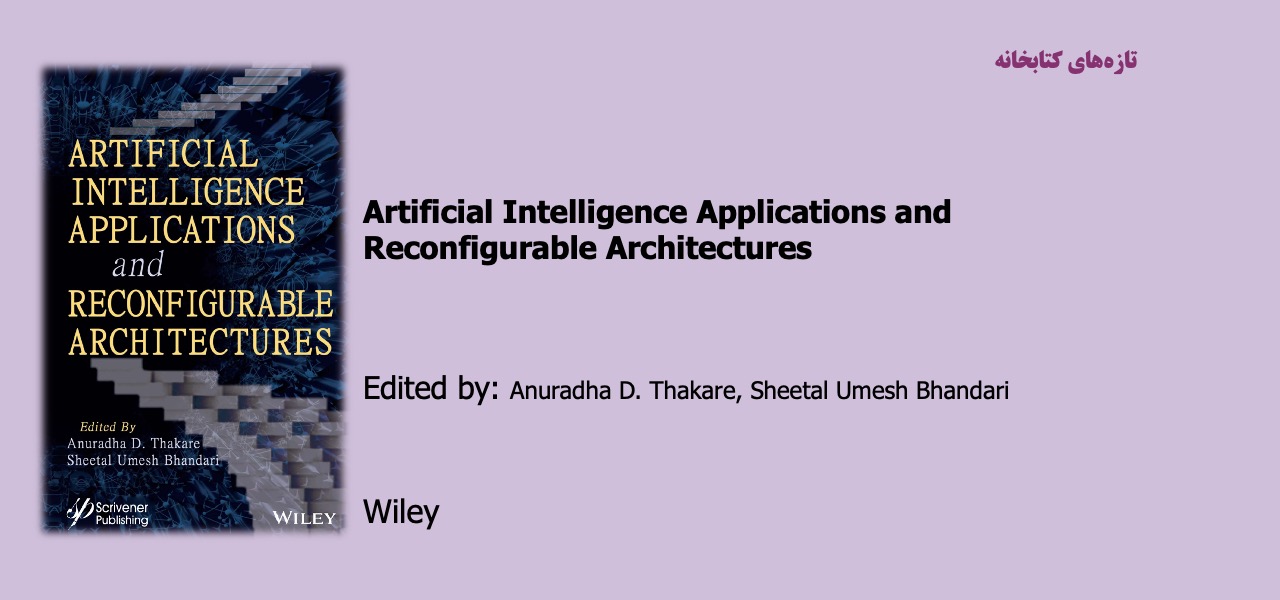Artificial Intelligence Applications and Reconfigurable Architectures

Artificial intelligence (AI) algorithms are gaining importance as the backbone of different fields like computer vision, robotics, finance, biotechnology, etc., which will radically change human life. However, the computational complexity involved in AI algorithms continues to impose a challenge to state-of-the-art computing systems, particularly when the application demands low power, high throughput and low latency. At the same time, the use of field programmable gate arrays (FPGAs) for compute-intensive applications is increasingly prevalent due to the parallelism provided by thousands of configurable logic blocks (CLBs), on-chip processor core, and other resources accessible for digital designing.
This book provides detailed insights into FPGA devices and their suitability for AI applications. In addition to covering the features of modern FPGA devices, design techniques and successful implementations pertaining to AI applications, this book also describes various hardware options available for AI applications, key advantages of FPGAs, and contemporary FPGA ICs with software support. It focuses on exploiting the parallelism offered by FPGA to meet heavy computation requirements of AI as complete hardware implementation or customized hardware accelerators. It is a comprehensive textbook on the subject, covering a broad array of topics like technological platforms for implementation of AI, capabilities of FPGA, suppliers’ software tools and hardware boards and discusses the implementations done by researchers to encourage the AI community to use and experiment with FPGA.
مطالب مرتبط

پردازش سیگنال گسسته در زمان
۱ / شهریور / ۱۴۰۳

پردازش تصویر دیجیتال با زبانMATLAB
۱ / شهریور / ۱۴۰۳

پردازش تصویر رقمی
۱ / شهریور / ۱۴۰۳

